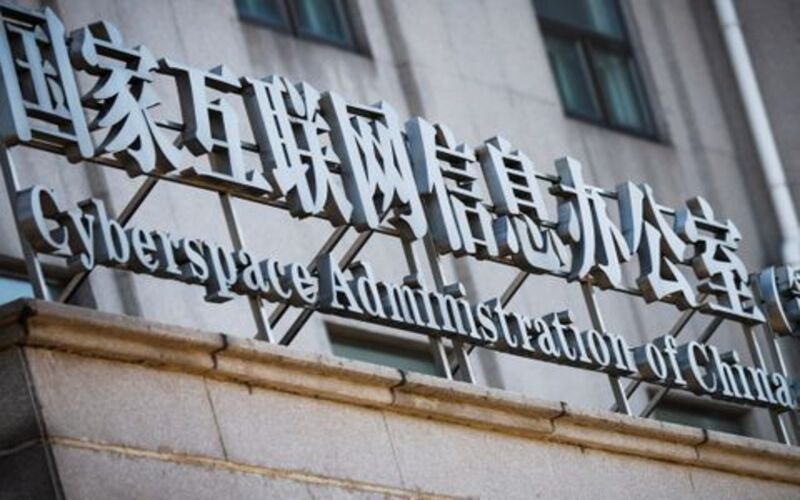China deletes 1.4 million self-media posts. After a two-month investigation uncovered “pronounced problems” such as disinformation, unlawful profiteering, and official state impersonation, China’s cyberspace authority erased 1.4 million social media posts.
On Friday, the Cyberspace Administration of China (CAC) announced it had terminated 67,000 social media accounts. In addition, it erased hundreds of thousands of messages between March 10 and May 22 as part of a “rectification” effort.
Since 2021, China has targeted billions of social media accounts to “clean” its internet and make it simpler to regulate.
The current crackdown targeted “self media” accounts on WeChat, Douyin, and Weibo, which disseminate news and information but are not state-run.
Beijing arrests and censors those who publish or share sensitive or critical material about the Communist Party, government, or military, especially when it gets viral.
Nearly 8,000 of the 67,000 permanently banned accounts were for “spreading fake news, rumours, and harmful information,” according to CAC.
Nine hundred thirty thousand other accounts were suspended or stripped from profit-making privileges or lost all followers.
To combat AI-enabled online false news, the regulator terminated over 100,000 accounts that purportedly impersonate news anchors and media organizations.
“Chinese Red Army Command,” “Chinese Anti-terrorist Force,” and “Strategic Missile Force” were among the nearly 13,000 fake military profiles blocked by the CAC on Friday.
Twenty-five thousand more accounts were targeted for impersonating public institutions like illness, preventive centers, and state-run research institutes.
Nearly 187,000 were penalized for impersonating news media businesses, while over 430,000 allegedly gave professional advice or education without required qualifications.
Forty-five thousand accounts were shut down for “hyping hot issues, clout-chasing and illegal monetisation.”
The regulator “actively coordinated with public security, market supervision and other departments, to deliver a heavy blow and rectify illegal’self-media’.”
“At the same time, (we) also call on the majority of netizens to actively participate in monitoring and reporting (illegal’self-media’), provide clues… and jointly maintain a clean cyberspace,” it added.















































Comment Template